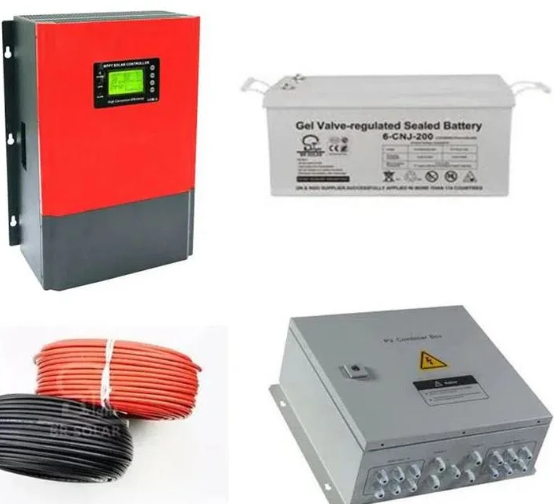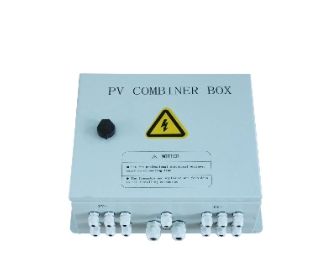Grid Power Energy Lithium Gel Opzv Battery
The term "Grid Power Energy Lithium Gel Opzv Battery" appears to be a combination of different battery technologies and specifications. Let's break down the components of this term:Grid Power Energy: This likely refers to the application of the battery, which is to store energy for gri......
Send Inquiry
Product Description
The term "Grid Power Energy Lithium Gel Opzv Battery" appears to be a combination of different battery technologies and specifications. Let's break down the components of this term:
Grid Power Energy: This likely refers to the application of the battery, which is to store energy for grid power applications. Grid power energy storage systems are used to store excess electricity generated from renewable sources (such as solar or wind) or during periods of low demand, and then release it when demand is high or when renewable energy generation is low.
Lithium: This suggests that the battery is a lithium-ion or lithium iron phosphate (LiFePO4) battery. Lithium batteries are known for their high energy density, longer lifespan, and lightweight properties, making them popular choices for various applications, including energy storage.
Gel: The term "gel" indicates that the battery uses a gel electrolyte rather than a liquid or AGM (Absorbent Glass Mat) electrolyte. Gel electrolyte batteries are known for their excellent deep-cycle capabilities, maintenance-free operation, and resistance to vibration and shock.
OPzV Battery: "OPzV" stands for "Ortsfest, Panzerplatten, und Ventilreguliert" in German, which translates to "stationary, tubular plates, and valve-regulated" in English. OPzV batteries are a type of lead-acid battery known for their deep-cycle capabilities, long service life, and maintenance-free operation.
It's important to note that "Grid Power Energy Lithium Gel Opzv Battery" is not a standard term in the battery industry, and it's possible that the specific combination mentioned does not exist as a single product. It's essential to carefully research and verify the specifications and features of any battery system you intend to use for your specific energy storage requirements.
When considering energy storage solutions, it's crucial to understand the specific needs of your application, such as required capacity, voltage, discharge rate, cycle life, and environmental conditions. Consulting with a knowledgeable expert or supplier in the energy storage industry can help you select the most appropriate battery technology for your needs.





